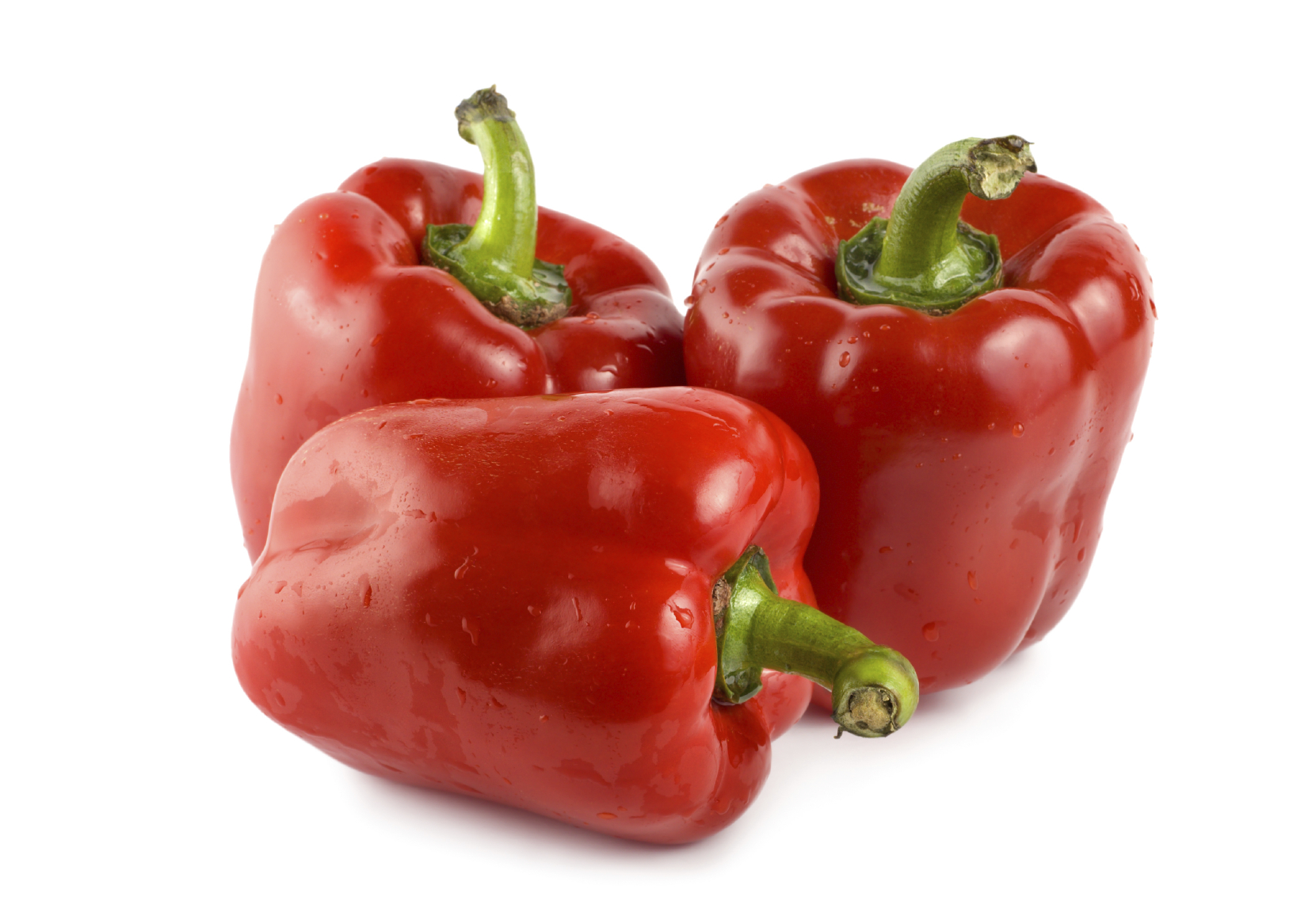Last month in Health Watch, we revealed the five most nutrient-dense greens. But that’s only half the story… Researchers at William Paterson University also looked at the nutrient density and bioavailability of fruits. The study reveals that fruits—based on their scoring system—aren’t as potent as vegetables…but that’s no reason to skip them. You just have to know which ones are the best. And just like last time, the results may surprise you…
Here are the top five most nutrient-dense fruits:
5. Strawberries: They’re a sweet snack that also helps protect your heart. Strawberries may help you lower LDL cholesterol. Their fiber content could start fighting heart disease in 30 days. And researchers in this study didn’t even take their phytochemical content into account.1 This includes powerful compounds—like anthocyanin—that can help lower blood pressure and prevent free radical damage.
4. Lemons: Don’t overlook this tart fruit. Lemons are a great way to add extra vitamin C to the foods you eat. Fresh lemon juice on a salad or in your water adds flavor and antioxidant power. But lemons also pack limonoids—potent anti-cancer compounds—in their peels.2 Adding the zest to your veggies or fish is a great way to get natural limonoids into your diet—and help keep cancer at bay.
3. Tomatoes: If it has seeds, it’s usually a fruit… And the lycopene in this fruit may help prevent breast cancer. It may even help you cut your heart disease risk in half. But researchers didn’t even consider that. They mainly looked at its vitamins C, K, A, and B content. Tomatoes are also a good way to get more biotin, potassium, and manganese. Just make sure to skip the tomato sauce in a jar… It’s a secret source of sugar that could be sabotaging your otherwise healthy diet.
2. Pumpkins: Pumpkins are actually a nutritional powerhouse. Their seeds are an excellent source of zinc. It’s a vital nutrient that you’ll need for healthy aging. They may even help you keep blood sugar levels in check. Pumpkins are also rich in beta and alpha-carotene. These carotenoids may help you preserve eyesight. They may also help fight the signs of aging caused by oxidative damage. You can find raw—or roasted—organic pumpkin seeds online and in most health stores year-round.
1. Red Peppers: These ranked higher than any other fruit. And not just because they’re high in vitamin C—they have more than an orange. Red peppers are also high in heart-healthy lycopene. Eating them may even help prevent Parkinson’s disease. These peppers contain small amounts of natural nicotine. Research shows that getting nicotine from peppers twice a week may help lower your risk for developing Parkinson’s by around 30%.3
The results are surprising… After all, some of the most popular fruits—like apples, bananas, and oranges—didn’t make the list. But remember: These rankings come from both how much nutrition is in each serving…and how easily your body absorbs it.
It doesn’t mean you shouldn’t skip other fruits—like tart berries and pineapples—altogether. But consider swapping them out for some raw, organic red pepper slices a few times a week to get the most nutrition out of your fruits.
Like this Article? Forward this article here or Share on Facebook.
References:
1http://www.washingtonpost.com/news/to-your-health/wp/2014/06/05/finally-a-list-of-powerhouse-fruits-and-vegetables-ranked-by-how-much-nutrition-they-contain/
2http://www.whfoods.com/genpage.php?tname=foodspice&dbid=27
3http://onlinelibrary.wiley.com/doi/10.1002/ana.23884/full

